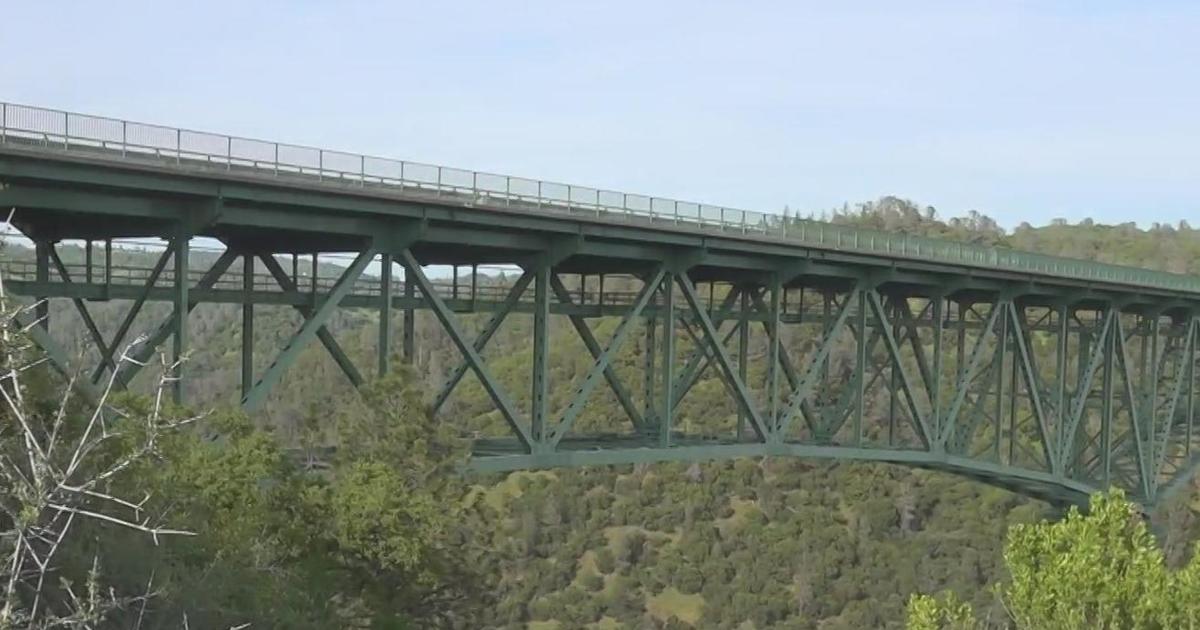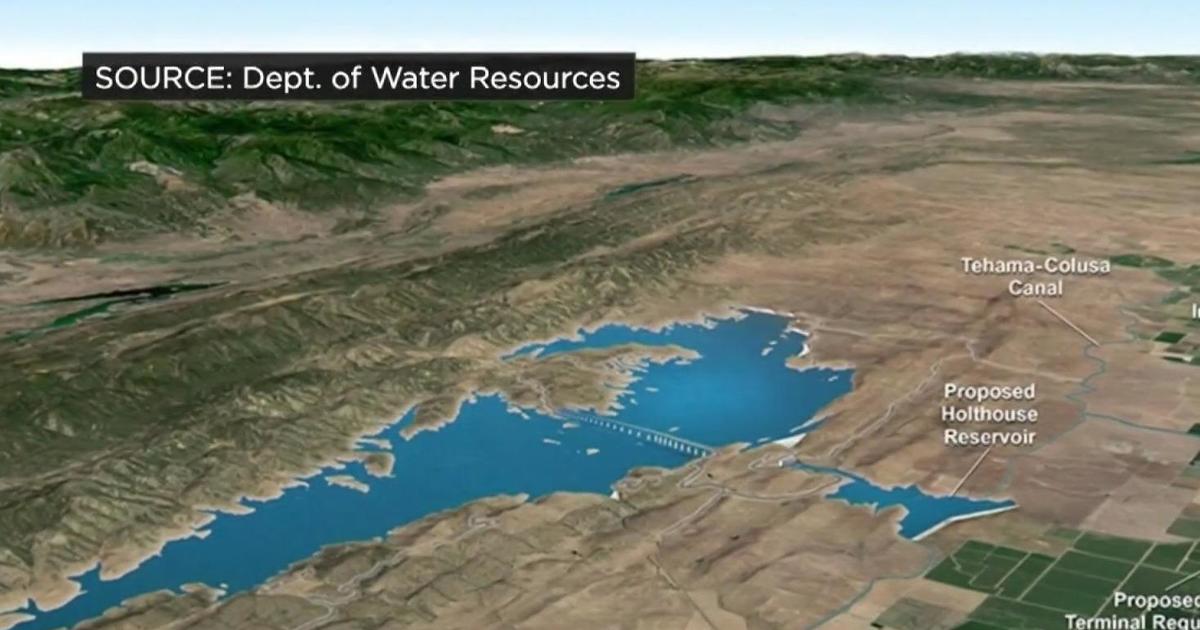California Water Conservation 'Holding Steady' Through July
FRESNO, Calif. (AP) - Residents of drought-stricken California kept up water conservation in July despite the long, hot days near the peak of summer, officials said.
People are most inclined to water their yards when it is the hottest, so dialing back sprinklers also offers the greatest opportunity for savings, officials said.
"We're holding steady" on conservations, said Max Gomberg, a senior climate scientist for the State Water Resources Control Board. "It shows that people understand that the drought's not over."
The State Water Board on Wednesday is expected to release figures for how much residents and businesses saved in July as California endures a fifth straight year of drought.
Gomberg would not reveal month's conservation figure ahead the board's formal announcement at its meeting in Sacramento. It is not far off from June's savings of 21.5 percent, he said.
The savings are compared to the same time period in 2013, a year before Gov. Jerry Brown declared a drought emergency and began ordering statewide conservation of up to 25 percent.
The conservation falls far short, however, of the 31 percent saved in July 2015, at the peak of the state's drought and the single-highest month of conservation for that year.
A near normal amount of rain and snow blanketed Northern California this winter, easing drought. It filled many of the state's key reservoirs to the point of overflowing, but didn't end the drought, leaving much of Southern California dry.
As a result, state water officials in June turned over conservation efforts to local leaders, putting them in control of how much water their residents and businesses should conserve, if any.
More than 80 percent of the state's water districts told the water board that they have adequate supplies to handle continued drought and should not be subject to state-mandated conservation targets.
Officials continue to urge conservation statewide, however, not knowing if this coming winter will begin to erase the extended drought, or plunge the state back into the dry spell, prompting a return of state-ordered cutbacks.
"Come January, be prepared to extend it yet again," Gomberg said. "We're going to keep monitoring the monthly data and look at where we are when the rain and snow comes in the winter."
Copyright 2016 The Associated Press.



